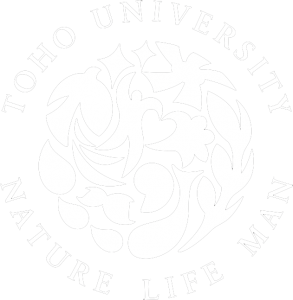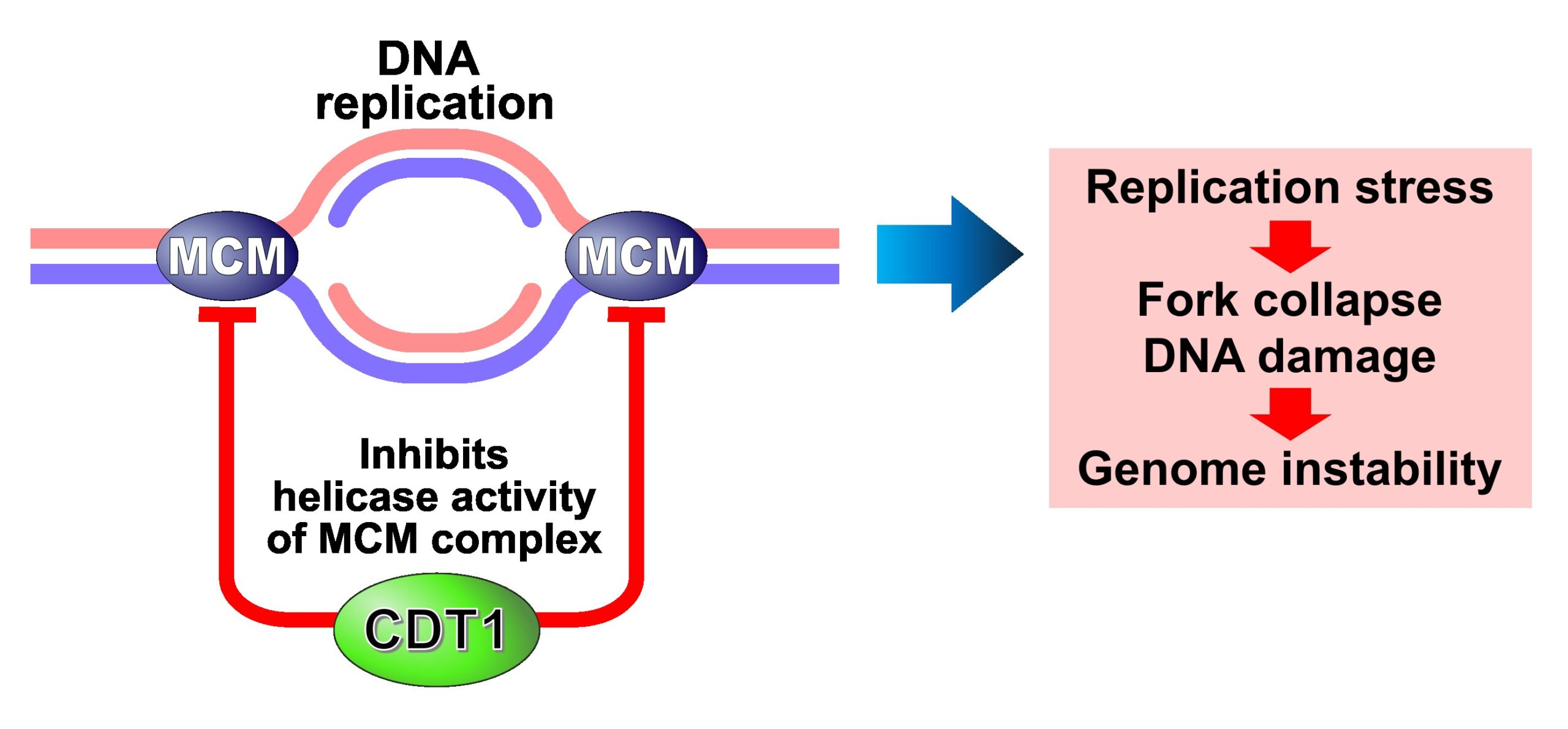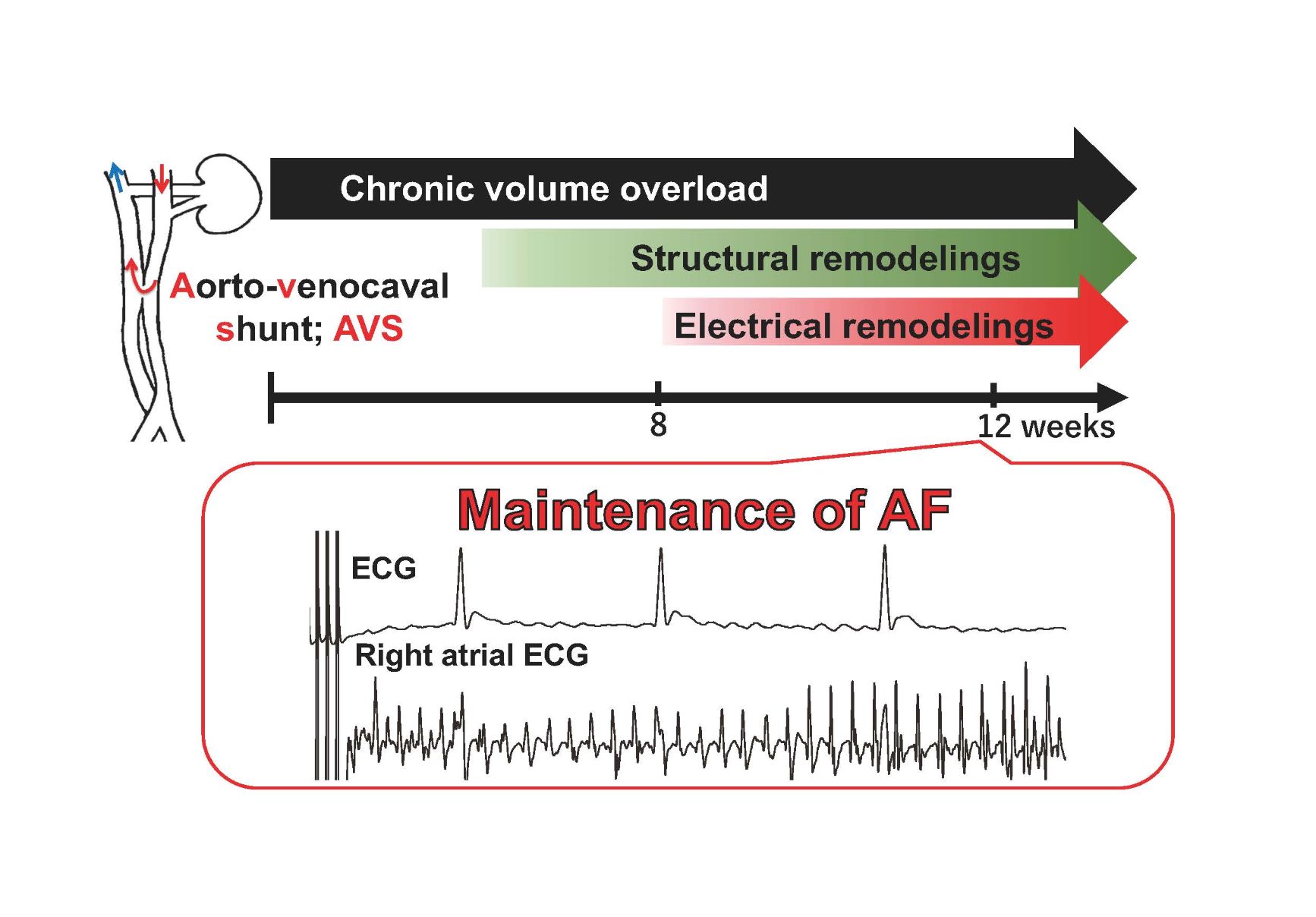October 21, 2022
Discovery of an anti-HIV active substance from Edgeworthia chrysantha
In an international joint research project with Duke University Medical Centre in the USA, a research group led by Professor Wei Li at the Faculty of Pharmaceutical Sciences, Toho University, has discovered for the first time that Edgeworthia chrysantha contains a substance that inhibits the replication of human immunodeficiency virus (HIV). Further research is expected to lead to the discovery of drug seeds for novel drugs with superior anti-HIV activity. The results of this research were published on 28 September 2022 in the Journal of Natural Products, a journal of the American Chemical Society (ACS). The results were also selected for the ACS Editors’ Choice, a selection of papers published in more than 64 ACS peer-reviewed journals, with one outstanding paper selected daily by a world-renowned editor.
Key Points:
- The macrocyclic daphnane-type diterpenoids were found in the plant of Edgeworthia chrysantha, and their strong anti-HIV activity was demonstrated.
- The anti-HIV active diterpenoids found in Edgeworthia chrysantha have an unusual macrocyclic structure, which has never been described before.
- Further elucidation of the anti-HIV active diterpenoids in Thymelaeaceae plants is expected to contribute to the discovery of new anti-HIV drugs.
Summary
More than 800 species of Thymelaeaceae plants from about 50 genera are widely distributed all over the world, except in the polar regions. Plants of this family are characterized by their abundance of diterpenoids with excellent biological functions, including anti-cancer and anti-HIV activities. Among these, macrocyclic daphnane-type diterpenoids, which can eradicate latent HIV-infected cells, are attracting attention as candidate compounds for novel anti-HIV drugs. Edgeworthia chrysantha is a deciduous shrub belonging to the family Edgeworthaceae that has long been used in Japan as a raw material for Japanese paper and banknotes due to its strong bark fibers. In this study, the research group isolated five daphnane-type diterpenoids with unprecedented characteristic macrocyclic structures from Edgeworthia chrysantha, and revealed their anti-HIV activity. The results obtained in this study will deepen our knowledge of the structure-activity relationship between macrocyclic daphnane-type diterpenoids and anti-HIV activity, which should lead to the discovery of new drug seeds for the treatment of HIV infection.
More than 800 species of Thymelaeaceae plants from about 50 genera are widely distributed all over the world, except in the polar regions. Plants of this family are characterized by their abundance of diterpenoids with excellent biological functions, including anti-cancer and anti-HIV activities. Among these, macrocyclic daphnane-type diterpenoids, which can eradicate latent HIV-infected cells, are attracting attention as candidate compounds for novel anti-HIV drugs. Edgeworthia chrysantha is a deciduous shrub belonging to the family Edgeworthaceae that has long been used in Japan as a raw material for Japanese paper and banknotes due to its strong bark fibers. In this study, the research group isolated five daphnane-type diterpenoids with unprecedented characteristic macrocyclic structures from Edgeworthia chrysantha, and revealed their anti-HIV activity. The results obtained in this study will deepen our knowledge of the structure-activity relationship between macrocyclic daphnane-type diterpenoids and anti-HIV activity, which should lead to the discovery of new drug seeds for the treatment of HIV infection.

Figure 1. Structure of daphnane-type diterpenoids with an unusual macrocyclic ring from Edgeworthia chrysantha.
Journal
Journal of Natural Products September 28, 2022 issue
Title
Anti-HIV Macrocyclic Daphnane Orthoesters with an Unusual Macrocyclic Ring from Edgeworthia chrysantha
Authors
Yoshihisa Asada, Kouharu Otsuki, Miki Morooka, Li Huang, Chin-Ho Chen, Kazuo Koike, Wei Li*
DOI No.
10.1021/acs.jnatprod.2c00618
For questions, contact Prof. Wei Li
Department of Pharmacognosy , Faculty of Pharmaceutical Siences, Toho University
URL: www.lab.toho-u.ac.jp/phar/npcnm/
READ MORE RESEARCH NEWS - Pharmaceutical Sciences
ACADEMICS
Undergraduate Programs
– Medicine
– Pharmaceutical Sciences
– Science
– Nursing
– Health Science
Graduate Programs
–Medicine
–Pharmaceutical Sciences
–Science
–Nursing
Undergraduate Programs
– Medicine
– Pharmaceutical Sciences
– Science
– Nursing
– Health Science
Graduate Programs
–Medicine
–Pharmaceutical Sciences
–Science
–Nursing
RESEARCH
– News
– Guidelines & Policies
– Support Offices
– Facilities
– Security Export Control
Non-Degree Programs
– Clinical Elective Program
– International Physician Observership Program



.jpg)
